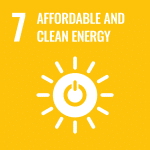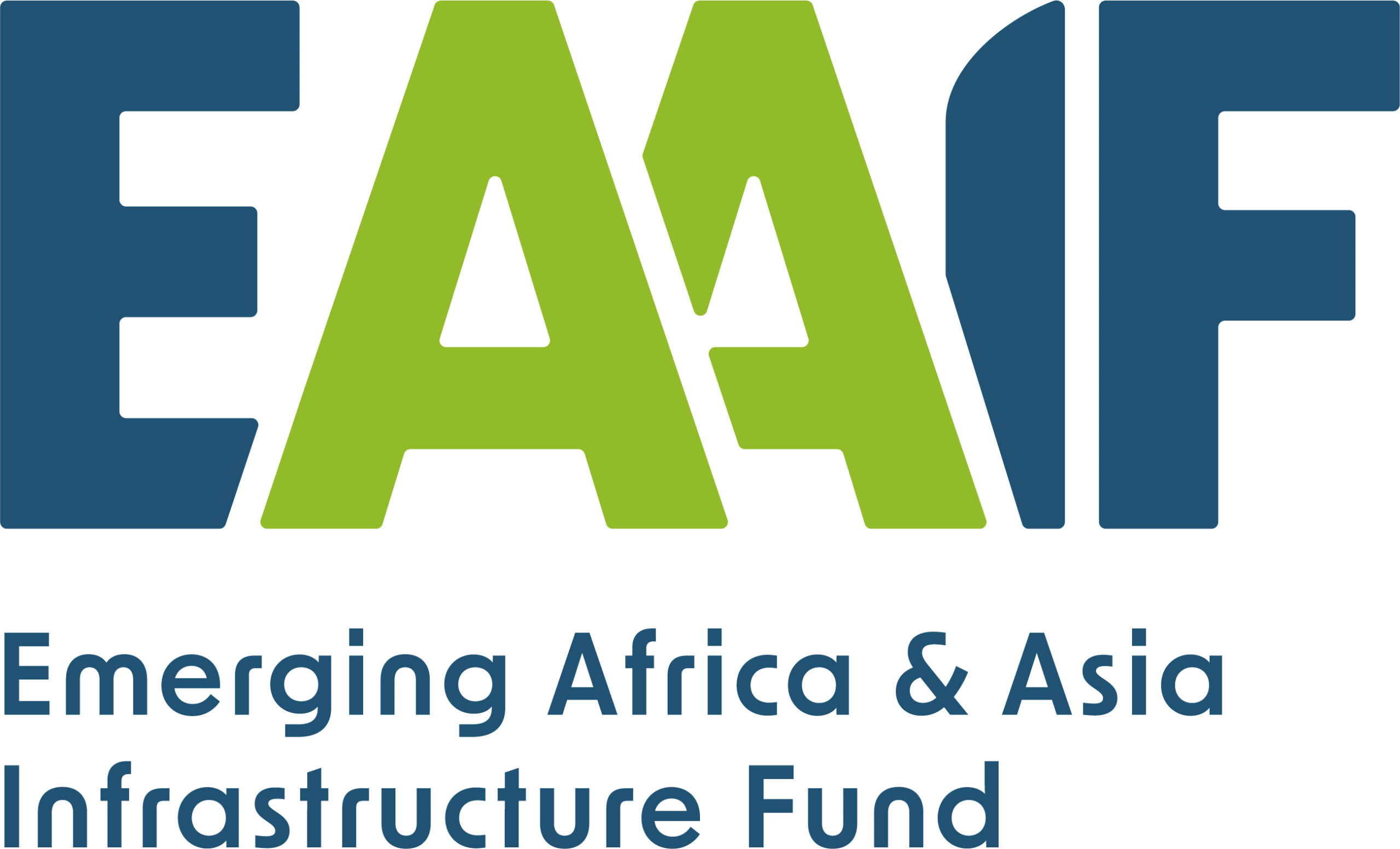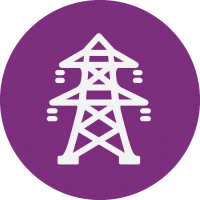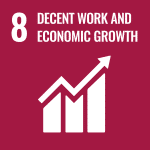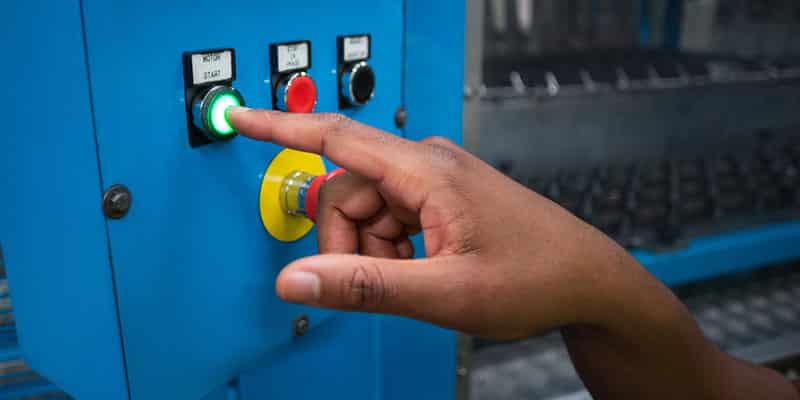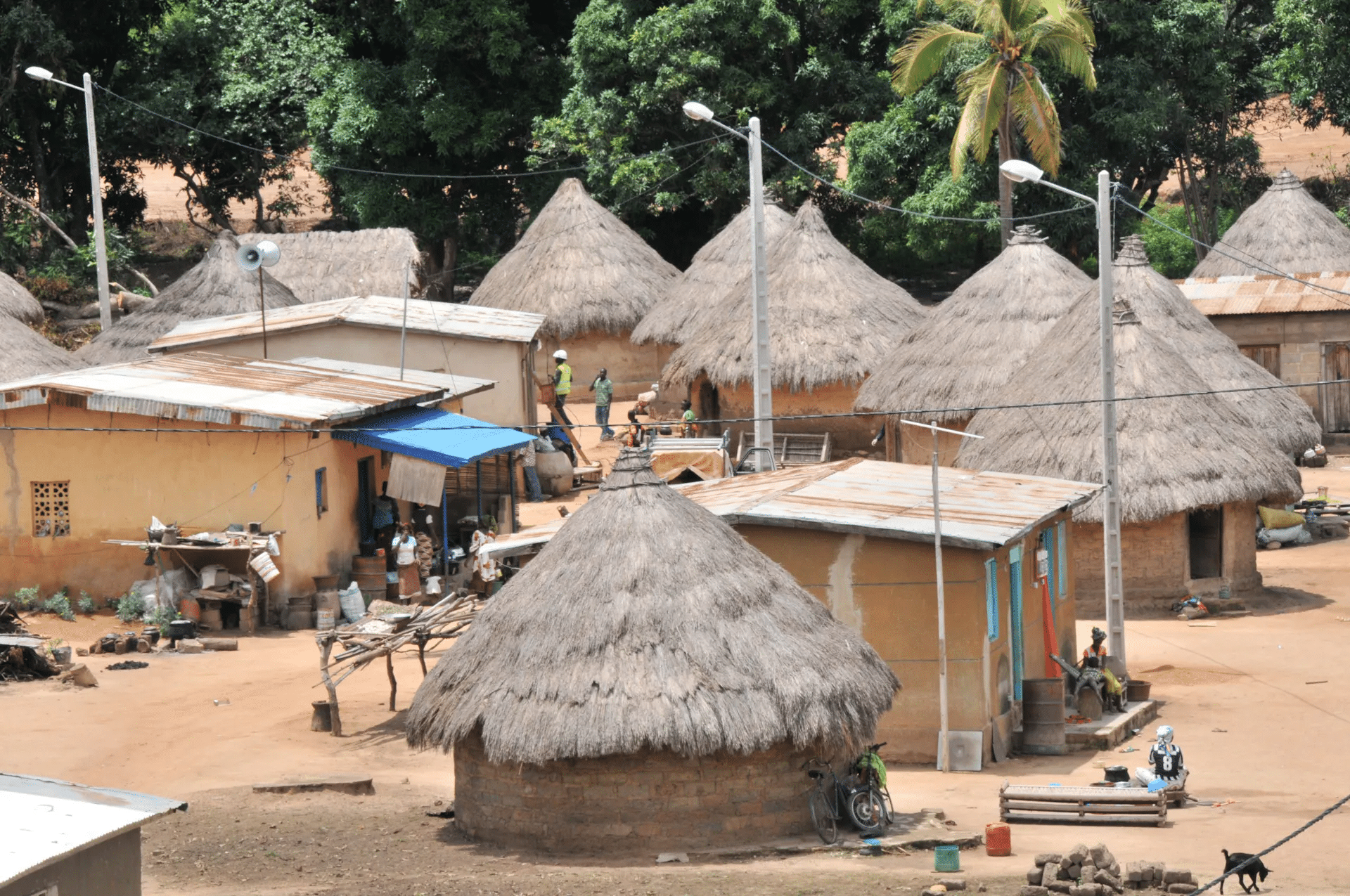
Programme Electricité Pour Tous (PEPT) Social Bond
$30m provided to anchor a receivables securitisation local currency bond of XOF 60 billion (c.$100m) to fund the continuation and acceleration of the national Electricity for All Programme Electricité Pour Tous (PEPT) electrification programme in Côte d’Ivoire (LMIC and FCAS). The programme will add 400k new connections in the next two years which is expected to provide first time electricity access to 2m low income rural households.
Direct Impact on People
2m consumers are expected to benefit. Users who consume the most power will feel the largest impact.
Direct Impact on the Wider Economy
7.6k business customers are expected to benefit. This will in turn create indirect jobs in the economy.
SDG assessment
SDG 7.1 – Ensure universal access to affordable, reliable, and modern energy services.
SDG 8.5 – Achieve full and productive employment.
Market transformation
Challenge: Achieve universal electricity access by 2025.
Channel: Demonstrate the first social bond focusing on rural electrification on the West African Economic and Monetary Union regional securities exchange.
Outcome: Act a reference transaction for further issuances of social bonds on the West African Economic and Monetary Union regional securities exchange.
Moblisation
Mobilised $20m of private sector investment.
PIDG TA
$322k for lender due diligence.
Climate risk
Transition: This project is expected to support the country’s decarbonisation aims. Greater access to electricity enables central renewable energy policies to contribute to economy-wide decarbonisation, which is reinforced by the country’s commitment to generate 42% of its electricity from renewable sources by 2030 (via IFC).
Resilience: Extreme weather events could damage transmission towers, substations, and transmission lines. The programme is specifically linked to last mile distribution and there is a programme in place to switch low tension poles from wood to recycled plastic poles which are more resilient to climate change.
First-time access to grid electricity for climate vulnerable rural communities increases their climate resilience through socio-economic impacts, improved livelihoods, increased incomes, better health and education services, etc. and via enabling adaptation services such as better access to information and communication technologies.
HSES
As part of the due diligence process, 12 HSES improvements were identified which are now reflected in the Project Environmental and Social Action Plan (ESAP).
